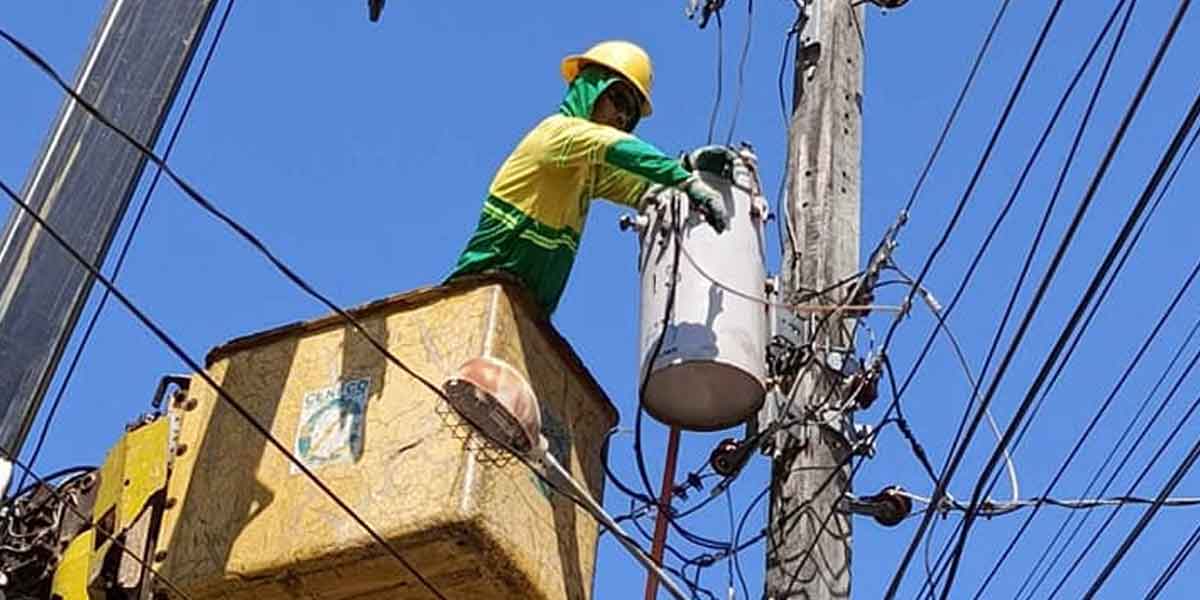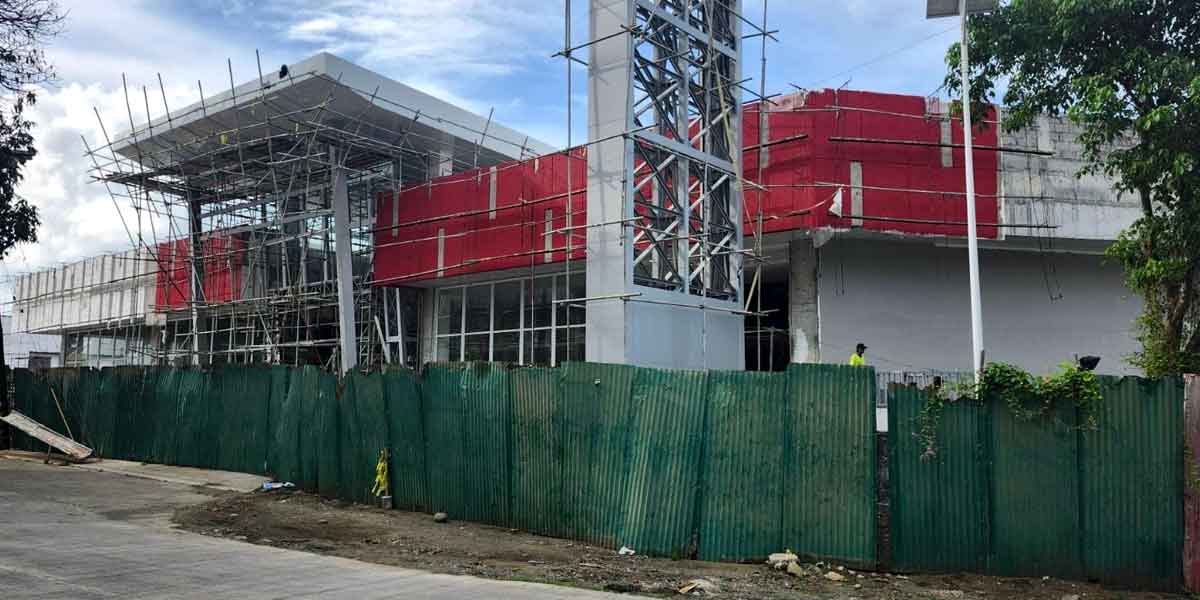By Dolly Yasa
BACOLOD City – Quarantine measures are necessary to stop transmission in its tracks but specific measures to be taken should consider the balance between slowing down the rate of infections and its impact on the economy.
This is the position of the business community in the province of Negros Occidental, according to Frank Carbon, executive officer of the Metro Bacolod Chamber of Commerce and Industry.
In a Facebook post, Carbon said local government units (LGUs) must properly weigh the health and economic factors and consequences in the fight against the coronavirus disease (COVID-19).
At this point in time, another total lockdown will practically erase economic activity, Carbon added.
He said that the people of Bacolod and Negros Occidental are already suffering from the impact of the economic downturn due to the quarantine measures imposed earlier in the year.
“A disregard for the economic impact of any decisions made may lead to more businesses closing, increase joblessness, more people falling deeper into poverty and its knock-on effects on peace and order.”
He said that the business group appeals for measures that will keep the local economy afloat so as not to make it difficult to revive the economy once this period of restricted living is over.
Carbon said granular or localized lockdowns should be an option.
Only those areas with problems, or with high COVID-19 transmission rates should be placed under lockdown. More so, allow public transportation to operate in areas that are safe for movement.
The second point the business group would like to underscore is the need to be proactive by having a virus containment and business continuity plans, Carbon said.
The LGU should have plans to help us determine whether we are winning or losing, he added.
Third, the business community stresses the need to recapitalize small businesses, especially those that have closed due to the pandemic to help stir the local economy, Carbon said.
“There is money with government banks and financial institutions like the Land Bank of the Philippines (LBP), Development Bank of the Philippines (DBP) and Small Business Corporation of the Department of Trade and Industry.”
Carbon also said that these rehabilitation funds should be brought down by the local government units (LGUs) using conduit banks like rural banks, micro finance firms and credit cooperatives to give the micro and small enterprises access to them.
The fourth point to consider is strengthening the demand side or purchasing power of the people.
While businesses are still recovering and trying to hire, LGUs must create jobs and livelihood to fill in job losses and increase the buying power of the community, he said.
Carbon added that the LBP and DBP have funds for that purpose specifically enabling LGUs to restart infrastructure programs, which will result in employment and boost purchasing power.
He said that the LGU may also opt for micro lending or cash for work program.
“This is an urgent call to the national and local government by members of the business community of Bacolod and Negros Occidental,” Carbon said.




















